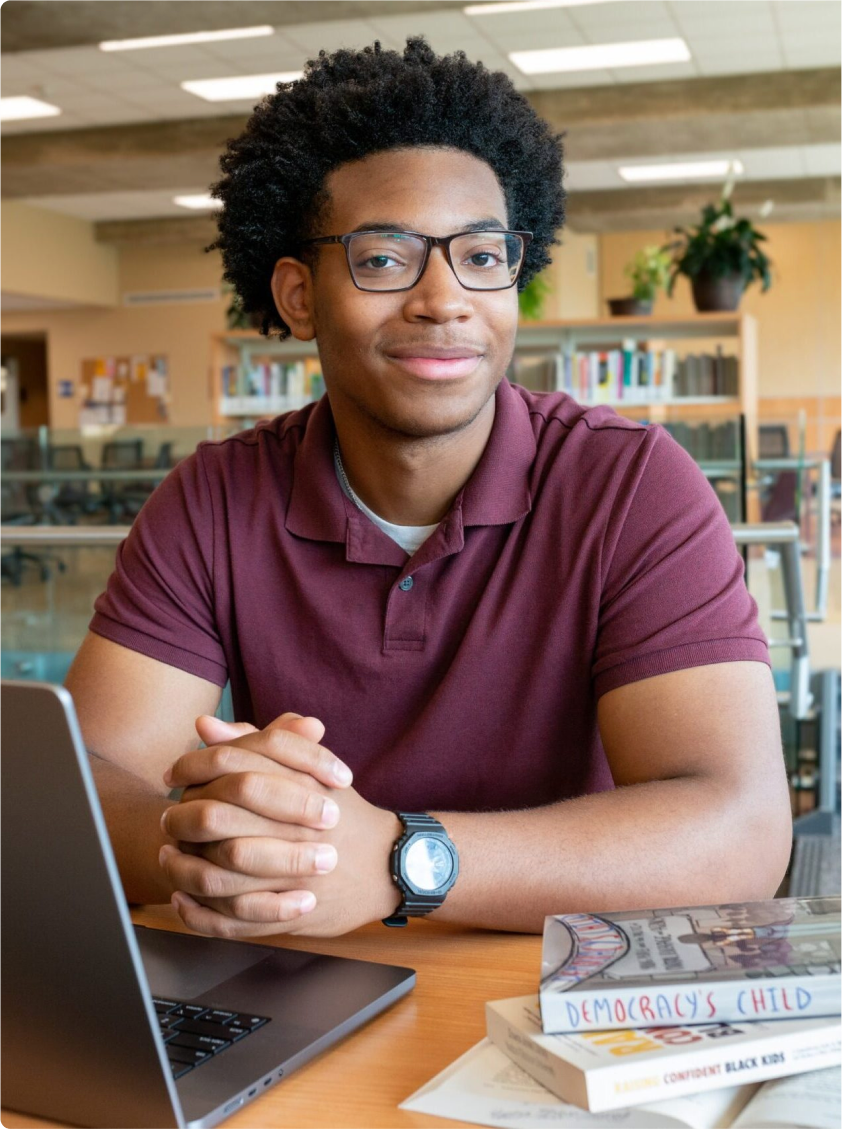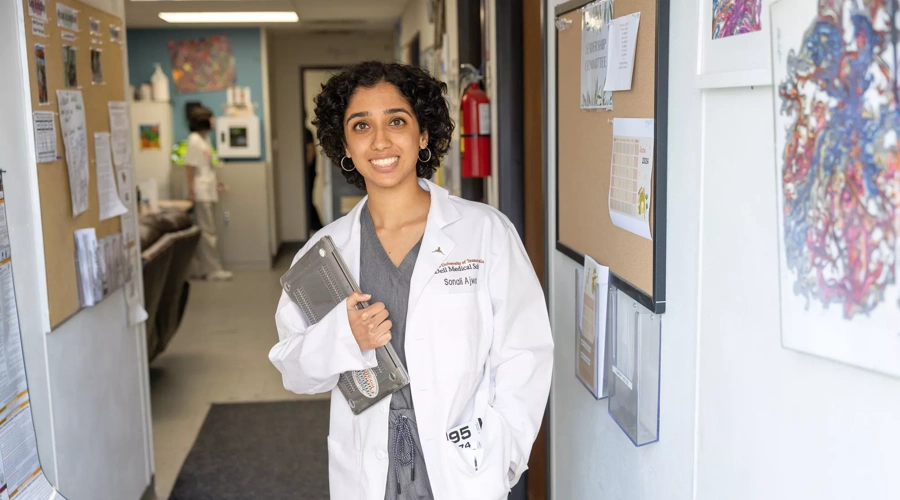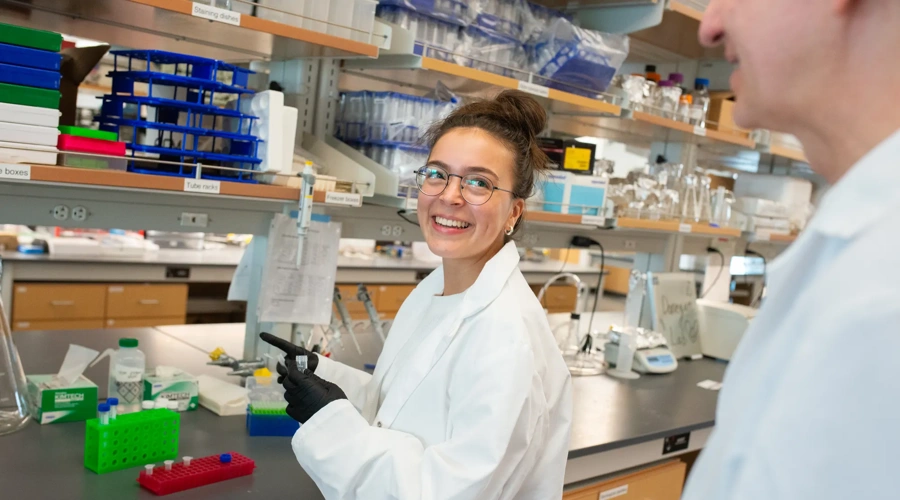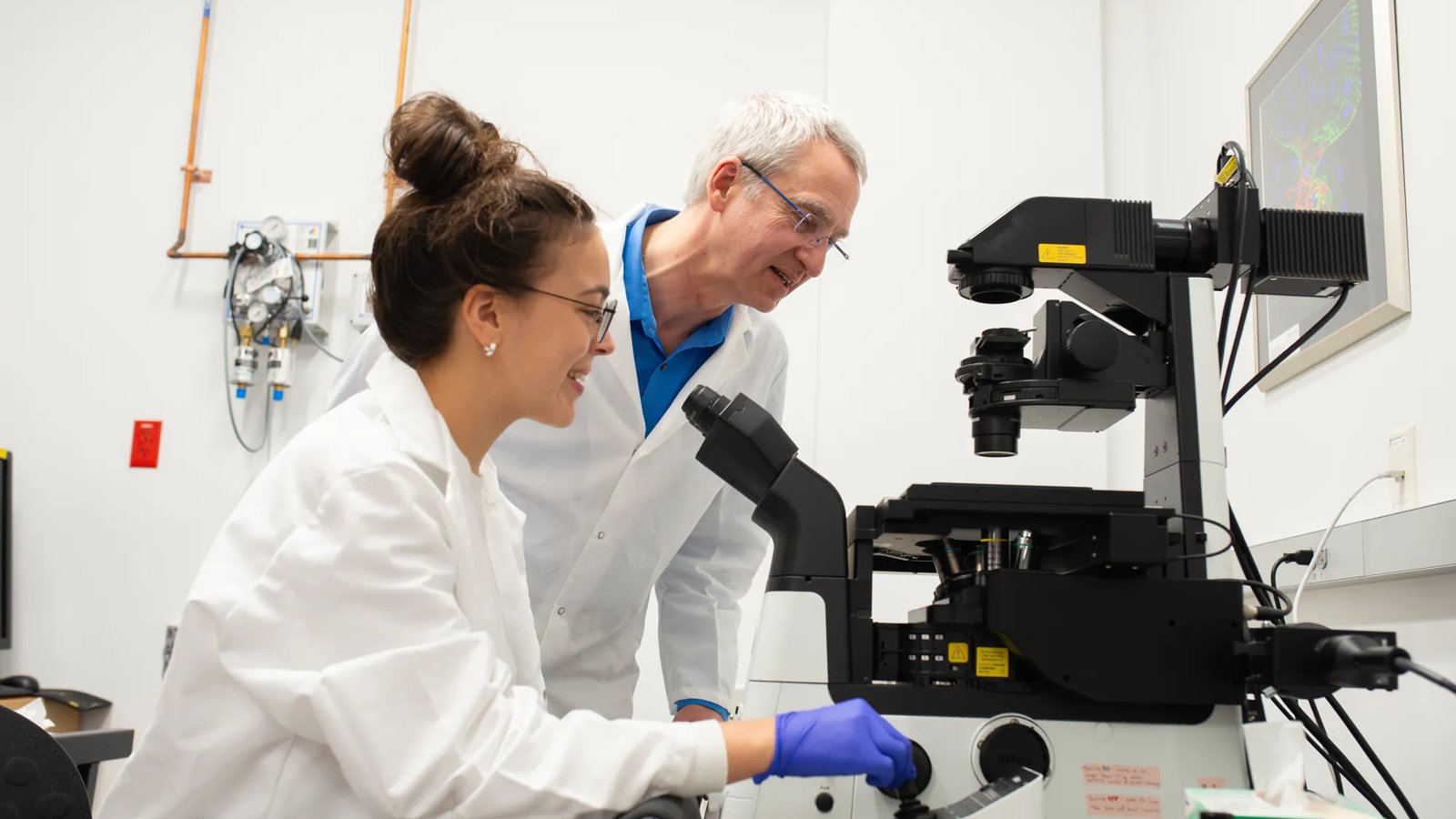Around 80 percent of a person’s health is influenced by factors beyond just medical care—things like access to health information, nutritious food, exercise, and compassionate healthcare providers. Recognizing this, the Michael & Susan Dell Center for Healthy Living was established in 2006 to bridge the gap between research and practical solutions, providing valuable insights to policymakers and healthcare decision-makers.
From India to Austin: A Dell Med Student’s Mission to Expand Health Care Access




